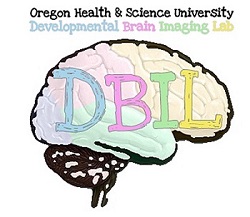Research Studies

Pain Brain Study (PBS)
Chronic pain is a common problem affecting millions of children and adolescents across the world. Despite significant efforts to develop effective treatment strategies, the underlying mechanisms that contribute to the progression from acute to chronic pain remain poorly understood.
The purpose of the Pain Brain Study (PBS) is to explore how the brain, behavior, and environment may impact risk for chronic musculoskeletal (MSK) pain in children and adolescents. To do this, we ask many survey questions about the youth’s history of pain, responses to pain, and health. The youth also attends one in-person visit where they will undergo sensory testing, as well as magnetic resonance imaging (MRI) scans while receiving a pressure stimulus to measure their pain intensity ratings and brain activation patterns. During the course of the year, participants and parents will be asked to complete 3 more virtual follow-up surveys along with daily diaries that youth use to rate their pain over the course of 7 days at each time point.
This study may provide important insights into the relationship between pain, behavior, and the environment in an effort to identify risk factors that contribute to the development of chronic MSK pain.
Youth Ages: 11-17
Funded by NIH grant R01 AR080228-02
Recruitment: Currently Enrolling, learn more here!

